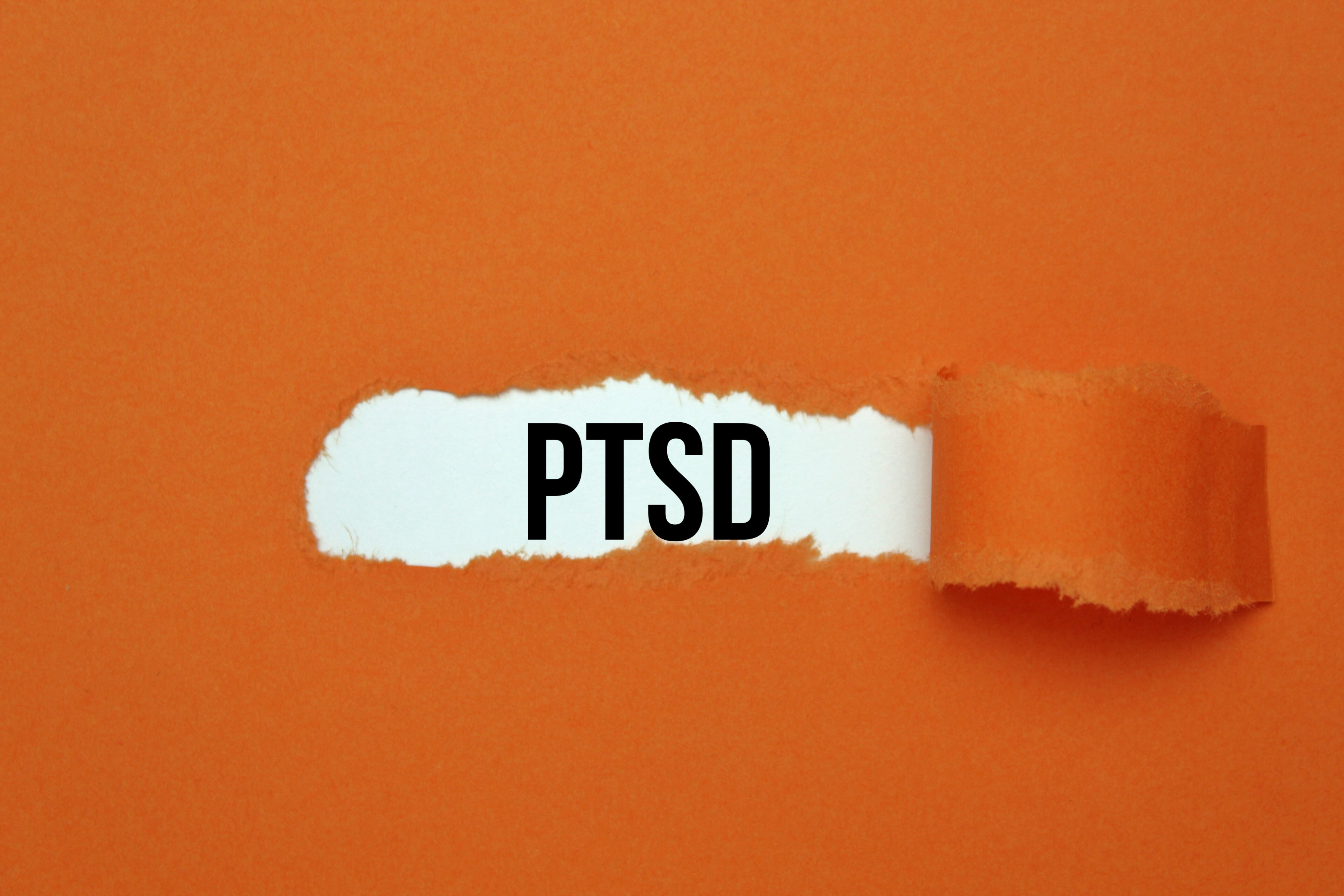When exploring the question “can you go to rehab for mental health,” it is essential to understand the various rehabilitation options available. Mental health rehabilitation encompasses a wide array of treatments designed to support individuals facing mental health challenges, enabling them to regain control over their lives.
Rehabilitation programs can vary significantly depending on the individual’s needs and can include:
- Inpatient rehabilitation: This involves staying at a facility where individuals receive 24/7 care and support. It is ideal for those dealing with severe mental health issues that require intensive intervention.
- Outpatient rehabilitation: This option allows individuals to receive treatment while living at home. It usually includes therapy sessions, support groups, and medication management.
- Partial hospitalization programs (PHP): These programs offer a structured treatment environment while allowing individuals to return home at night. They typically involve daily therapy and support.
- Support groups: Peer-led support groups provide a safe space for individuals to share experiences and coping strategies, fostering community and understanding.
Each of these options can be tailored to meet the unique circumstances of the individual, ensuring that the approach to rehabilitation is effective and supportive. At True Life Care, we understand that mental health matters and we strive to provide tailored support during your recovery journey. Mental Health Matters – Make it a Priority! If you or a loved one are ready to begin regaining autonomy over your health and well-being, know that we’re here for you. Let us guide you through your recovery journey and enable you to lead the happy, healthy, and fulfilling life you deserve. Contact us for Mental Health Services in New Jersey.
What Does Rehab for Mental Health Entail

Rehabilitation for mental health is a comprehensive process that focuses on addressing psychological, emotional, and behavioral challenges. It is designed to help individuals develop coping skills and strategies to manage their conditions effectively. Understanding what rehab for mental health entails can demystify the experience and prepare individuals for what to expect.
The rehabilitation process typically consists of several key components:
- Assessment: Upon entering a rehab program, individuals undergo a thorough assessment by mental health professionals. This evaluation helps to identify specific needs, underlying issues, and the best treatment approach.
- Individualized treatment plans: Based on the assessment, a personalized treatment plan is created. This plan may include a mix of therapy modalities, medication management, and lifestyle changes tailored to the individual’s circumstances.
- Therapy sessions: Therapy is a cornerstone of mental health rehabilitation, often involving different approaches such as Cognitive Behavioral Therapy (CBT), Dialectical Behavior Therapy (DBT), or other evidence-based methods. These sessions help individuals explore their thoughts, feelings, and behaviors in a safe environment.
- Group therapy: Participating in group therapy fosters connection and support among peers facing similar challenges. It encourages sharing experiences, learning from others, and developing a sense of community.
- Skill-building activities: Rehab programs often include activities focused on building coping skills, stress management, and emotional regulation. These practical exercises help individuals prepare for life outside of the rehab environment.
- Aftercare planning: Successful rehabilitation includes planning for ongoing support post-treatment. This may involve regular therapy sessions, support groups, or community resources to ensure continued progress.
Through these components, mental health rehabilitation aims to provide a holistic approach to healing, empowering individuals to regain control over their lives.
Signs That You May Need Mental Health Rehab

Recognizing when you or a loved one may need mental health rehabilitation is crucial for timely intervention and support. Several signs can indicate that professional help is necessary. Being aware of these indicators can help you take the first step toward recovery.
Here are some common signs that suggest you may need mental health rehab:
- Persistent sadness or hopelessness: If feelings of sadness or hopelessness linger for weeks or months, it may signal an underlying mental health condition that requires professional attention.
- Withdrawal from social activities: A noticeable decline in social interactions, interests, or hobbies can be a red flag. If you find yourself isolating from friends and family, it may be time to seek help.
- Changes in eating or sleeping patterns: Significant changes in appetite, weight, or sleep habits, such as insomnia or excessive sleeping, can indicate emotional distress.
- Difficulty concentrating: Struggling to focus on daily tasks, making decisions, or experiencing memory issues can signal a need for mental health support.
- Increased substance use: Turning to drugs or alcohol to cope with emotional pain or stress can escalate into addiction and may require rehabilitation.
- Feelings of anger or irritability: Frequent mood swings, irritability, or anger that disrupts daily life can be a sign of an underlying mental health issue.
- Thoughts of self-harm or suicide: If you experience thoughts of self-harm or suicide, it is imperative to seek immediate help from professionals.
Being attuned to these signs can empower you to take action and seek the necessary support before challenges escalate. Remember, reaching out for help is a sign of strength.
Types of Mental Health Rehabilitation Programs

When considering mental health rehabilitation, it’s essential to understand the various programs available to tailor the treatment to your needs. Each program focuses on different aspects of mental health recovery, ensuring that individuals receive the appropriate care and support. Here are some common types of mental health rehabilitation programs:
- Inpatient Rehabilitation: These programs require individuals to stay at a treatment facility for a specific period. Inpatient rehab offers intensive therapy and 24/7 support, making it suitable for those with severe mental health challenges or those who require a structured environment.
- Outpatient Rehabilitation: Outpatient programs allow individuals to participate in therapy sessions while living at home. This flexibility is ideal for those who have commitments or responsibilities but still need professional support to manage their mental health.
- Partial Hospitalization Programs (PHP): PHPs provide a higher level of care than traditional outpatient programs. Participants attend daily therapy sessions for several hours but return home at the end of the day. This option is beneficial for individuals transitioning from inpatient care.
- Support Groups: These programs focus on peer support and sharing experiences in a group setting. Support groups can be a valuable complement to professional therapy, helping individuals feel less isolated in their struggles.
- Individual Therapy: One-on-one therapy sessions with a licensed mental health professional allow for personalized treatment. This approach helps individuals explore their thoughts and feelings in a safe environment.
- Family Therapy: Involving family members in the rehabilitation process can improve communication and strengthen relationships. Family therapy addresses dynamics that may contribute to mental health challenges and fosters a supportive environment.
Choosing the right type of mental health rehabilitation program is vital for effective recovery. Each program offers distinct advantages, and a combination of approaches may be necessary to achieve optimal results.
Benefits of Seeking Rehab for Mental Health

Seeking rehabilitation for mental health is a significant step toward recovery and well-being. The benefits of engaging in a structured program can be life-changing, offering individuals the tools they need to manage their mental health effectively. Here are some key advantages of seeking rehab for mental health:
- Access to Professional Support: In rehabilitation settings, individuals benefit from the expertise of mental health professionals. These trained specialists provide personalized care, ensuring that treatment plans are tailored to each individual’s needs.
- Structured Environment: Rehab programs offer a safe and supportive environment that minimizes distractions and triggers. This structure allows individuals to focus solely on their recovery without the pressures of daily life.
- Therapeutic Techniques: Participants in rehab have access to various therapeutic modalities, including cognitive-behavioral therapy (CBT), dialectical behavior therapy (DBT), and mindfulness practices. These techniques equip individuals with coping strategies to manage their mental health challenges.
- Peer Support: Connecting with others who share similar experiences can be incredibly therapeutic. Rehab programs often foster a sense of community, allowing individuals to share their journeys and learn from one another.
- Skill Development: Rehab programs often focus on teaching essential life skills, such as stress management, communication, and problem-solving. These skills are crucial for maintaining mental health and preventing future setbacks.
- Aftercare Planning: A comprehensive rehabilitation program includes aftercare planning, ensuring individuals have the support they need once they transition out of rehab. This ongoing support can significantly enhance long-term recovery success.
By seeking rehab for mental health, individuals can embark on a transformative journey toward a healthier, more fulfilling life. The support and resources provided during this process can empower them to take control of their mental well-being.
How to Choose the Right Mental Health Rehab Center
Choosing the right mental health rehab center is a crucial step in your recovery journey. With numerous options available, it is essential to consider several factors to ensure that the facility aligns with your needs and goals. Here are some key elements to consider:
- Accreditation and Licensing: Ensure that the rehab center is accredited and licensed by relevant authorities. This ensures that the facility adheres to established standards of care and safety.
- Specialization: Different centers may specialize in various mental health issues. Look for a facility that has experience treating your specific condition, whether it’s depression, anxiety, PTSD, or another challenge.
- Therapeutic Approaches: Research the types of therapies offered at the center. A variety of evidence-based treatments, such as individual therapy, group therapy, and holistic approaches, can enhance recovery opportunities.
- Staff Qualifications: Investigate the qualifications and experience of the staff. A compassionate and professional team can significantly impact your healing process.
- Location: Consider the rehab center’s location. Some individuals prefer a facility close to home for family support, while others may benefit from a remote setting to disconnect from their daily life.
- Aftercare Services: A good rehab program includes aftercare services to help individuals transition back to their daily lives. Look for a center that offers ongoing support and resources post-treatment.
Ultimately, choosing the right mental health rehab center is a deeply personal decision. Take the time to research and visit potential facilities to find the best fit for your recovery journey. Mental Health Matters – Make it a Priority! If you or a loved one are ready to begin regaining autonomy over your health and well-being, know that we’re here for you. Let us guide you through your recovery journey and enable you to lead the happy, healthy, and fulfilling life you deserve. Contact us for Mental Health Services in New Jersey.
















